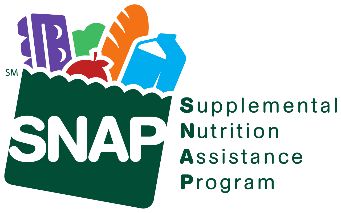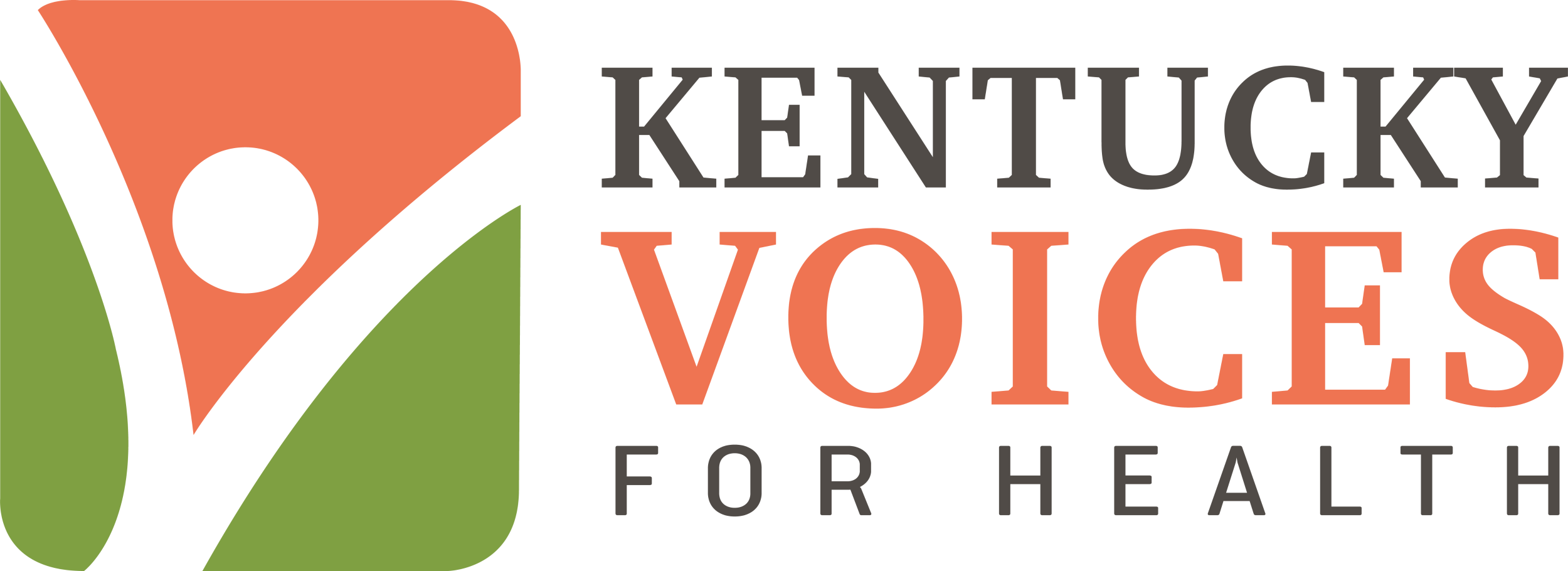
Food security is an important factor in maintaining good health. Don’t just take my word for it, though. Type “food security and health” in your favorite web search engine and you’ll find tons of articles linking the two, like this one published in Health Affairs. And most of those articles will also tell you that access to Supplemental Nutrition Assistance Program (SNAP, formerly called Food Stamps) is an important factor in insuring food security for everyone, especially children and seniors.
Kentucky is already behind when it comes to food security. According to the latest Feeding America statistics, even though Kentucky’s average meal cost is below the national average, we’re above the national average in food insecurity (14.9% as opposed to 12.5%). These numbers are from 2017. Since then, Kentucky has implemented policies that increase barriers to SNAP through administrative action, like a work reporting requirement that provides no supports even in counties where jobs aren’t available. Future food insecurity statistics could show a broader gap between Kentucky and the national average due to such changes.
States can make good policy choices to ensure eligible individuals and families can access the SNAP benefits they need. For example, the state of Maine recently announced it is ending the option of placing a photo on Electronic Benefit Transfer (EBT) cards because the policy was unintentionally blocking access to food. While touted as a method to “strengthen the integrity of…public assistance programs,” an extensively-researched Urban Institute Brief from 2015 tells a different story. Using longstanding policy from Massachusetts for research, it found the fraud-prevention value of photo EBT cards is negligible and creates “…a chilling effect on SNAP participation among program-eligible clients”, increasing food insecurity.
Why is Maine’s example instructive for Kentucky? Legislation requiring photo EBT cards has been filed off and on over the past 10 years or so, most recently as a provision in 2019’s HB3—a sweeping bill that would have blocked access to multiple safety net programs—including Medicaid and SNAP—that help keep Kentuckians healthy.
Thankfully HB3 didn’t go anywhere this year despite its sponsorship by House leadership and high-profile number assignment. But that doesn’t mean the idea has gone away. As a perennial policy favorite of national conservative groups, Kentucky and many other states can expect to see the photo EBT requirement provision, among others, again and again; we’ve even heard rumors that a “reform” work group will take HB3 and refashion it for 2020.
We’ll be watching what goes on, but like Maine is discovering, these policies should be taken OFF the table in order to keep food ON the table.

